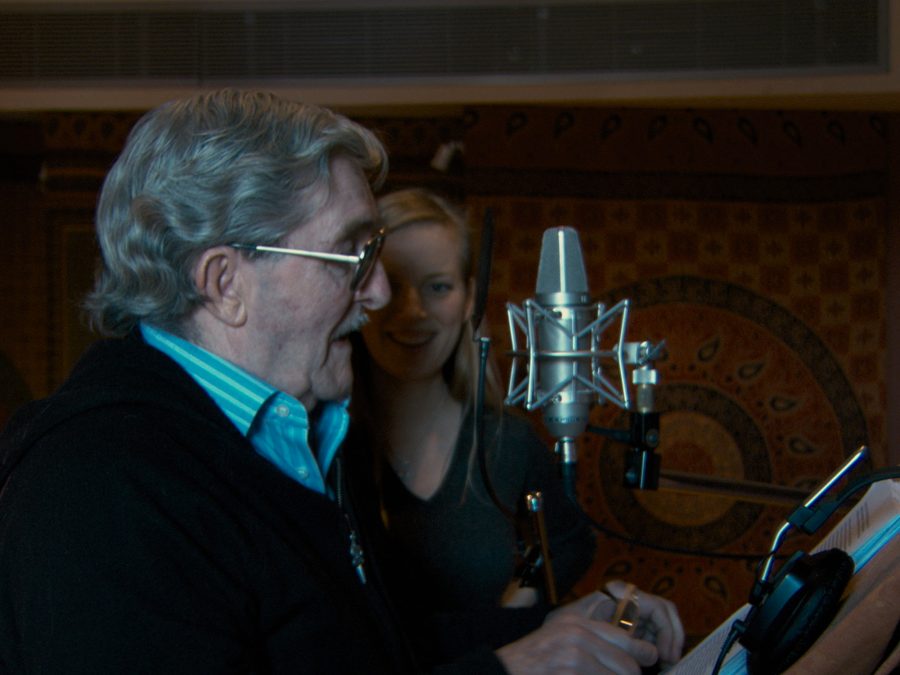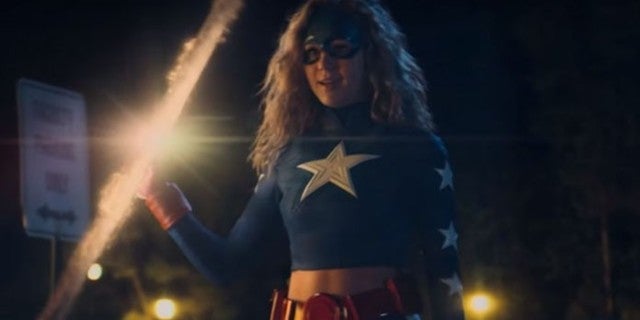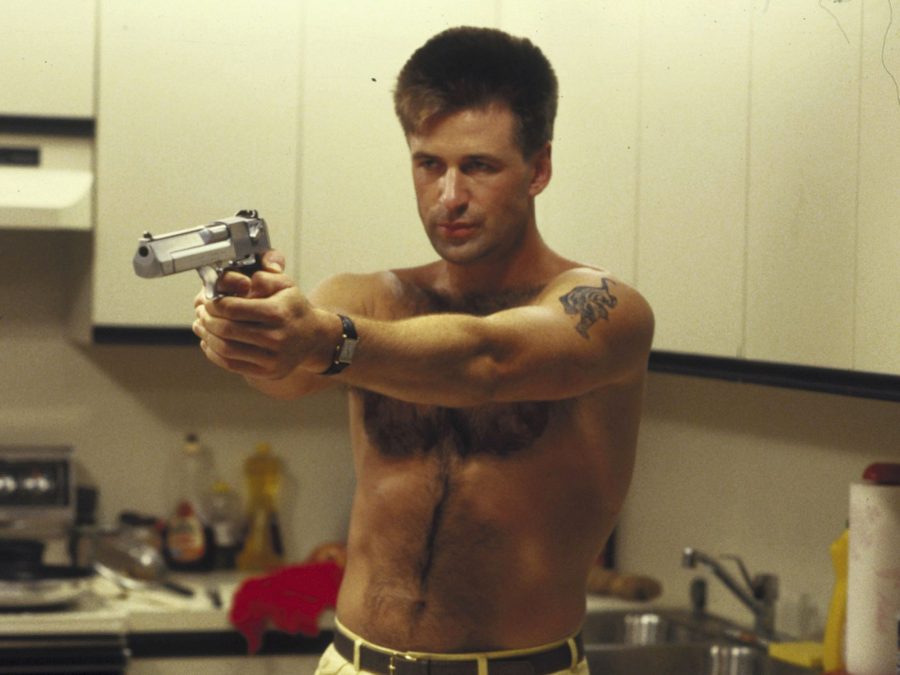At the whence of Sarah Polley’s Stories We Tell, an autobiographical documentary well-nigh her family, the filmmaker asks her dad Michael to read out the memoir he’s written. He begins by reciting a passage from Margaret Atwood’s Alias Grace: “When you’re in the middle of a story it isn’t a story at all but only a confusion, a visionless roaring, a blindness… it’s only succeeding that it becomes anything like a story at all, when you’re telling it to yourself or to someone else.” As Michael reads, grainy clips of joy rise up on our screen in quick succession: a trappy woman laughing with her whole body; people dancing and smoking; a man floating in a glistening pool. They evade us, these upturned images waiting to be explained.
Every time I watch this documentary, I glean flipside layer of meaning. Initially, I understood Atwood’s words as describing the power of language to create meaning, how it allows us to shape our existence through our perceived narrative troughs and arcs. Yet, hearing it again, I moreover recognise how Michael’s words are punctuated by the melancholy of loss – with each moment, we slip remoter from our present, and finger its sparsity in the form of fragmented images of the past that we undeniability memory. With this documentary, Polley expresses the need to run towards the ravages in order to make sense of it. Polley is interested in storytelling and how it exposes the space that exists between reality and our varying representations of the past. Yet, lying underneath this formal desire, there’s a sense of her intimate need to understand herself through the loss of her mother.
Polley’s documentary revolves virtually the life of her vibrant mother and stage actress Diane, who died of cancer when she was 11. She decides that the weightier way to tell this story and to understand Diane is through the voices of her family members and friends. Polley gives each storyteller equal weight to tell their version, asserting that stories are born out of a cacophony of voices. As the mucosa continues, we learn well-nigh Diane’s ramified relationship with her husband Michael and her topic which resulted in Sarah’s birth. Out of this discovery, Sarah seeks out her biological father and discovers that Harry Gulkin, an well-known Canadian mucosa producer, was her mother’s lover – yet this messy secret at the centre of the mucosa is not the point of the documentary and barely captures the film’s mystery.
As Polley asks each of her participants to “tell the story from whence to end, as if I don’t know what happens”, we see them reach into a shared past that grows increasingly ramified with each revelation. These notation wilt familiar to us through the ways they evoke their own identities in relation to Diane, as they reveal their own idiosyncratic ways of judging the past. Watching Polley’s inscrutable squatter as she listens to Michael recount his story with Diane with equal parts of self-lacerating humour and emotion is surprisingly moving.
Polley does not struggle to smooth over contradictions that upspring in variegated accounts. Instead, the mucosa reveals that the idea of truth is not neat or fixed. As Diane’s loved ones requite diverging definitions of her personality – with one friend ultimatum that Diane was guileless while flipside divulges that she was secretive, that she knew she was dying and that she didn’t, that she was elated to be pregnant and that she wanted to misfire – we realise that all finance are true. It is only by permitting each of the storytellers to ‘author’ their own version of Diane that Polley begins to understand this messy and real image of her mother.
In one sequence, her sister Joanna sighs, “There are a lot of these questions well-nigh ‘Who was she?’ There’s this misconception that she was something.” By peekaboo to Diane’s indefinability, Polley builds a portrait of a woman who was both independent, chasing her own desires, while locked into her role as a mother and wife. Refusing stasis, our understanding of Diane becomes expansive, and we finger her complex, resonating presence.

Even while Polley’s directorial tenancy is evident as she questions and probes, she does not position herself as an interrogator seeking to weed out voices to reach the truth. Subverting the norms of a documentary which place the director in the position of utmost control, Stories We Tell exposes how hierarchical structures can mar reality by smoothing over moments of disaccord for the “perfect” narrative. Indeed, when she asks her biological father, Harry, what he thinks of her method of collaborative documentary-making, he says, “I don’t like it, you can’t overly touch bottom…The crucial function of art is to tell the truth.” Yet, this is exactly what Polley is attempting to do, through a feminist form of filmmaking that democratises storytelling and counters the idea of objective ‘truth’ presented through a God-like authorial voice.
Emerging out of Polley’s reckoning with memory is her need to know her mother. It’s an unspoken desire that colours each scene in the film. In an email to Michael, Polley asks, “Is this the tsunami she unleashed when she went, and all of us still flailing in the wake? Trying to put her together in the wreckage and her slipping yonder from us, over and over then just as we uncork to see her face.” As Polley reads, a video of her mother at the waterfront waving her stovepipe floats up.
In Polley’s images, we sense the vestige of life, as well as of the power of stories to resurrect Diane. The editing between the tabulated footage and the interviews seem to swoon the loftiness between the present and the past. In one scene, a close-up image of Polley’s squatter cuts to a black-and-white close-up of Diane’s squatter titled towards her right, as if looking when towards her daughter, leaping wideness time.
Polley’s visual palimpsests are well-balanced of both real footage and reenacted scenes filmed on Super-8 – where the fictional footage appears ghostly, with look-alike actors of Diane, Michael, and Harry. It’s easy to miss the fact that they are reenacted footage until we see a prune of Polley directing her actors. The footage is charged with Polley’s struggle to work through and “author” her past that was so thoughtfully unseen – her mother’s affair. A re-enacted scene of Polley’s biological parents’ first meeting is constantly repeated as the narrative grows, and we sense Polley working through her past by restoring it visually in a form that promises permanence.
Towards the end, Polley lets the camera linger on the faces of her siblings and her fathers, their expressions offering up oceans of feeling – testaments to the rememberable effects of her loss. Despite the grief, Stories We Tell emerges luminescent: plane while we come into the world alone, we leave ourselves overdue in others, undoubtedly unfluctuating wideness the spheres of life and death through the rememberable love we share.
The post In praise of Stories We Tell appeared first on Little White Lies.






